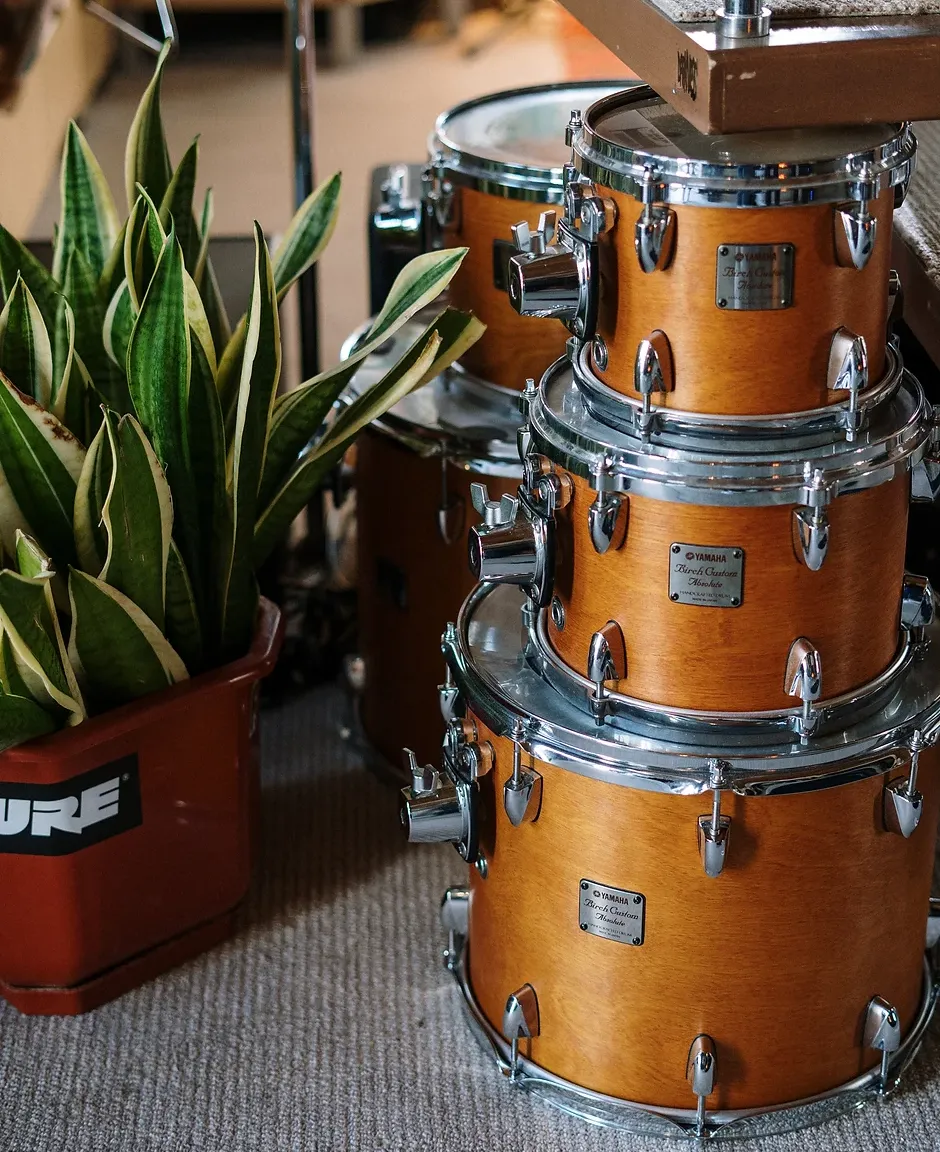
Music and Brain
We all would have heard some cheesy lines about music like "Music is an antidote", "Music brings life", " Music is a drug". It goes on and on. Music helps us experience a spectrum of emotions. It all starts in the brain. Our brain is a complex structure with different parts responsible for various functions of our body. Earlier it was believed that we use the right side of the brain for music-related activities like playing, listening, and creating and the left part of the brain for language. Recent studies give a much broader perspective on this subject.

Practicing Music
Whether we are practicing a paradiddle on the snare drum or a piano concerto on a piano, practicing an instrument increases the plasticity of our brain [1], which helps us learn new things with ease. Music triggers chemicals in our brain that invoke an emotional response. Dopamine, known as a feel-good hormone, is released into the brain when listening to music that gives us chills. Music reduces anxiety. Serotonin, which is responsible for stailizing the mood, feelings of well-being, and happiness, at good levels reduces anxiety. Listening to our favorite music increases serotonin levels and lowers cortisol levels accountable for stress in our bodies[2,3]. Practicing in the long term creates strong connections between the two hemispheres of our brain. It helps in multitasking and improves our cognitive patterns.
Music as Therapy
Music therapy is a universal tool used to cure mental-related diseases. One instance of this application is when congresswomen Gabby Giffords lost her ability to speak due to a condition called aphasia was able to regain her speech with music associations which helped her brain make new alternative pathways. These pathways help her to access the part of the brain responsible for language. For example, she could not recite the word "light," but she could sing "This little light of mine."
Listening to music improves the performance of our brain. There are two types of music categorized according to the psychological effects it has on the brain. One is sedative and the other stimulative type.[4] Sedative music gives a sense of calmness, serenity, and peace that helps us concentrate more. But listening to music that stimulates a wide range of emotions and memories can negatively affect our brain's performance. Especially when we are learning or doing any work that needs our brain's concentration, listening to sedative music like CCM, Piano progressions, etc., helps us focus better.
Music connects us with memories. One fine day I was talking to a friend over the phone, and we were having a trip down memory lane as we were discussing favorite songs that we loved as kids, and most of the songs brought the exact scenario of the place from which I was listening. It blew my mind. These memory associations can cure various forms of dementia. The association of music and memory happens in the hippocampus of the brain. Musical memories are often preserved in people with Alzheimer's disease because the critical brain areas linked to musical memory are undamaged. Hence music can help in bringing back memories associated with their other areas of life.
Music Composition and creativity
Composing music taps the creative side of the brain and helps in different ways. A music producer's brain was studied under an fMRI when he was playing an instrument and improvising it to create new music; the area of his sensory-motor skills lit up to a higher level than when he was playing his songs as it is. Another observed phenomenon was that the pre-frontal cortex, responsible for self-awareness, complex behavioral patterns, etc., had very little activity during the moments of high creativity. This experiment shows that creating music can help in loosening one's self and letting go.
Music, lyrics and conclusion
If music can have so much impact on our brain, the kind of music we listen to would also impact the pattern of our life progressively. A song can be cathartic or catastrophic depending on the music and lyrics. Research has shown that the lyrics of a song can have a great influence on your well-being[5]. Words are a powerful weapon. For some, Lyrics take the spotlight of the song, for some others it’s the music that they focus on. Whatever might be the case responsible listening can help in shaping the well-being and keep the moral compass right.
References
Jäncke, L., 2009. Music drives brain plasticity. F1000 biology reports, 1.
Yehuda, N., 2011. Music and stress. Journal of Adult Development, 18(2), pp.85-94.
Barrett, F.S., Preller, K.H., Herdener, M., Janata, P. and Vollenweider, F.X., 2018. Serotonin 2A receptor signaling underlies LSD-induced alteration of the neural response to dynamic changes in music. Cerebral Cortex, 28(11), pp.3939-3950.
Caspy, T., Peleg, E., Schlam, D. and Goldberg, J., 1988. Sedative and stimulative music effects: Differential effects on performance impairment following frustration. Motivation and emotion, 12(2), pp.123-138.
Ransom, P.F., 2015. Message in the Music: Do Lyrics Influence Well-Being?